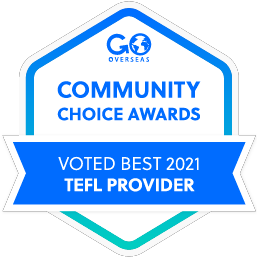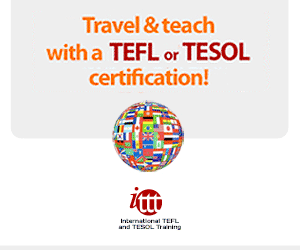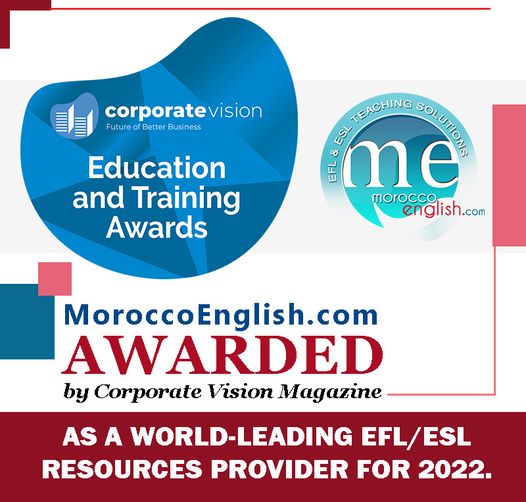“Projects” can be done as set of tasks at home or in the classroom, by parents or groups of students throughout of specific period of time. On the other hand, Project-Based learning focuses more on the process of learning and student-peer-content interaction.
PBL allows students go through variety of tasks such as experimenting, using simulations, dealing with authentic situations, and work with the appropriate partners in pursuit of knowledge.
Project-based learning is learner-centered. Students use the teacher’s experience to create their projects based on the issues that raise their interests.
The chart below by Amy Mayer simplifies essential difference between projects and project-based learning:
| Projects… | Project-based learning… |
| Can be done at home without teacher guidance or team collaboration. | Requires teacher guidance and team collaboration. |
| Can be outlined in detail on one piece of paper by the teacher. | Includes many ‘Need to Knows’* on the part of the students and teachers. |
| Are used year after year and usually focus on product (make a mobile, a poster, a diorama, etc.). | Is timely, complex, covers many TEKS**, and takes a team of highly trained professionals significant time to plan and implement. |
| The teacher work occurs mainly after the project is complete. | The teacher work occurs mainly before the project starts. |
| The students do not have many opportunities to make choices at any point in the project. | The students make most of the choices during the project within the pre-approved guidelines. The teacher is often surprised and even delighted with the students’ choices. |
| Are based upon directions and are done ‘like last year’. | Is based upon driving questions that encompass every aspect of the learning that will occur and establishes the need to know. |
| Are often graded based on teacher perceptions that may or may not be explicitly shared with students, like neatness. | Is graded based on a clearly defined rubric made or modified specifically for the project. |
| Are closed: every project has the same goal. | Is open: students make choices that determine the outcome and path of the research. |
| Cannot be used in the real world to solve real problems. | Could provide solutions in the real world to real problems even though they may not be implemented. |
| Are not particularly relevant to students’ lives. | Is relevant to students’ lives or future lives. |
| Do not resemble work done in the real world. | Is just like or closely resembles work done in the real world. |
| Do not include scenarios and background information or are based on events that have already been resolved. | The scenario or simulation is real or if it is fictitious, is realistic, entertaining, and timely. |
| Are sometimes based around a tool for the sake of the tool rather than of an authentic question. (Make a Prezi.) | Use technology, tools, and practices of the real world work environment purposefully. Students choose tools according to purposes. |
| Happen after the ‘real’ learning has already occurred and are just the ‘dessert’. | Is how students do the real learning. |
| Are turned in. | Is presented to a public audience encompassing people from outside the classroom. |
| Are all the same. | Is different. |
| Example: Make a model (or diorama or mobile) of the school/town/local site of interest. | Example: Design a fortification that would take your community through a bio or other non-traditional attack and make a recommendation to the city council for future planning. |
© Amy Mayer, friEdTechnolody, The Original WOW! Academy. Please copy and use freely!







































